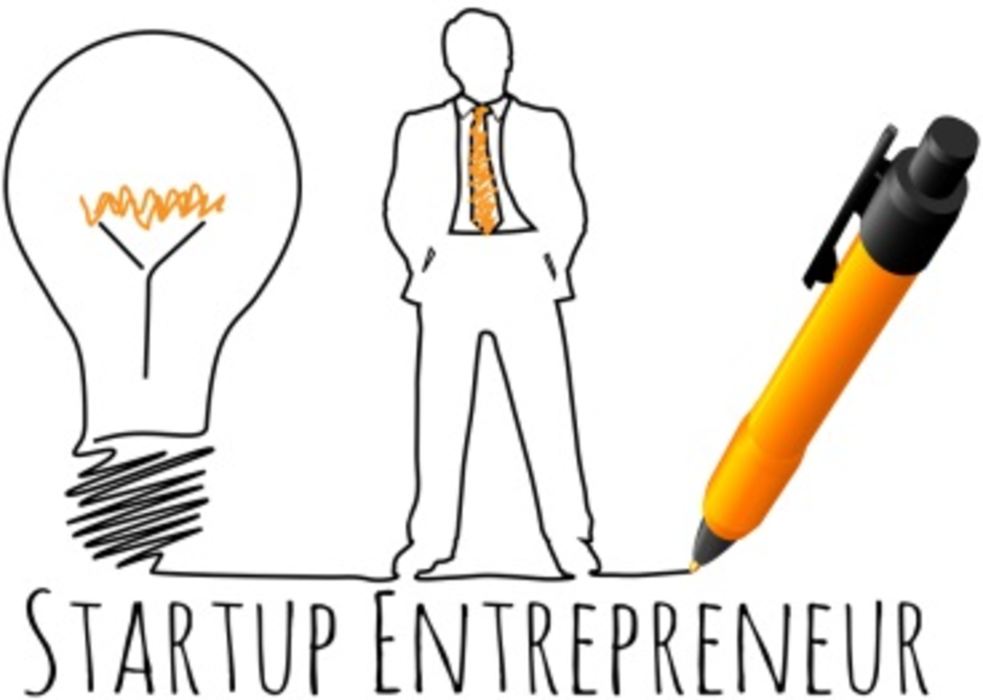David Steinberg was only 16 when he started his first company. That was in 1985. As of today he’s founded and run three $100 million companies—and we’re just talking so far.
Of course, it hasn’t always been smooth sailing, but Steinberg, CEO of the recently rebranded CRM firm Zeta Interactive (formerly XL Marketing) is an inveterate optimist. He understands that if you don’t learn from your mistakes, they’ll either haunt you or they’ll be repeated. It’s part of what makes him a successful entrepreneur.
Steinberg took a few minutes to chat with me about start-ups, the rise and fall of his second major multimillion-dollar company, and the lessons he learned from it.
In 1999 you founded a company called InPhonic, whose main business was selling wireless phones over the Internet. For a while, it was wildly successful. What was it like in its heyday?
At one time, we were a pretty fast-growing company, and by 2004 we were the number one company on the Inc. 500—and in the same year we took the company public for a billion-dollar IPO. People went from not buying any wireless phones on the Internet to that being the dominant market share at 30 to 40%.
So, what happened next?
Well, much like a lot of companies that grow very quickly, we didn’t have good internal control processes in place. We took a company from zero to $400 million a year organically in about five or six years—and then we ended up getting caught in the 2007 debt crisis. We had a very large loan at a big national bank and they called our debt. They were calling everyone’s debts at that time, and we didn’t have the ability to refinance.
What were the big takeaways for you from that experience?
There’s an interesting lesson there about growing a business that quickly. We tried to grab the tiger by the tail—and there was too much tail wind, so to speak. At Zeta, we’re still growing the company—we went from zero to almost 1,000 employees in about five years—but we’re doing it slower and with more thought.
The hardest thing you have to learn how to do as an entrepreneur is to be able to pivot. I was not as willing to do that in my earlier career as I am now.
Do you have any tips for staffing a start-up?
This might sound callous, but the people who get you where you are, aren’t always the right people to take you where you want to go. One thing a lot of entrepreneurs do is focus heavily on loyalty. Of course, you don’t want to be disloyal to your people, but at the same time I would argue that if you outgrow people and keep them where they are or find a new place for them in the organization, that’s not the best way to help you or them.
What advice would you give the marketing-tech start-up kings and queens of tomorrow?
First of all, be true to yourself. Raising money for a start-up is akin to the political process in the U.S. For candidates to win the nomination they have to move so far to one side or the other that by the time any election comes around they’ve already been tagged as either a crazy conservative or a radical liberal. Often entrepreneurs have to do a similar thing. They say whatever they have to say to raise enough capital to get started—and then when they get to the part where they actually get to run the company, the company isn’t what they started out to create.
The other thing—and everyone says this, but so few people do it—is to understand your own weaknesses and hire people are really good at that stuff. When I was 23 I thought I was the best at everything—sales, marketing, accounting, organizational stuff, you name it. It took me 20-plus years of running my own companies to understand the fact I’m not good at a lot of things. Hire people to compensate for your flaws.
Number one piece of advice for a budding entrepreneur?
You’ve got to be positive. People don’t want to follow someone with a negative attitude—I don’t care who you are.
A lot of entrepreneurs get started in their college dorm rooms. You got started when you were still in high school. What was the first company you ever founded?
I started a nightclub production company in New York City when I was 16. I was out in the Hamptons one summer. I was already 6’3″ and I walked into a bar called The Polo Club, which was a pretty hot club in West Hampton back in the day. OK, now I’m really dating myself. Anyway, it was empty and I said to the owner, “You give an hour of open bar and I’ll charge a $20 cover at the door. I’ll keep what I make at the door and you keep what you make at the bar.” He went for it and it worked. That was the start, and I did it right up through college. It was a pretty great job for a 16-year-old.








